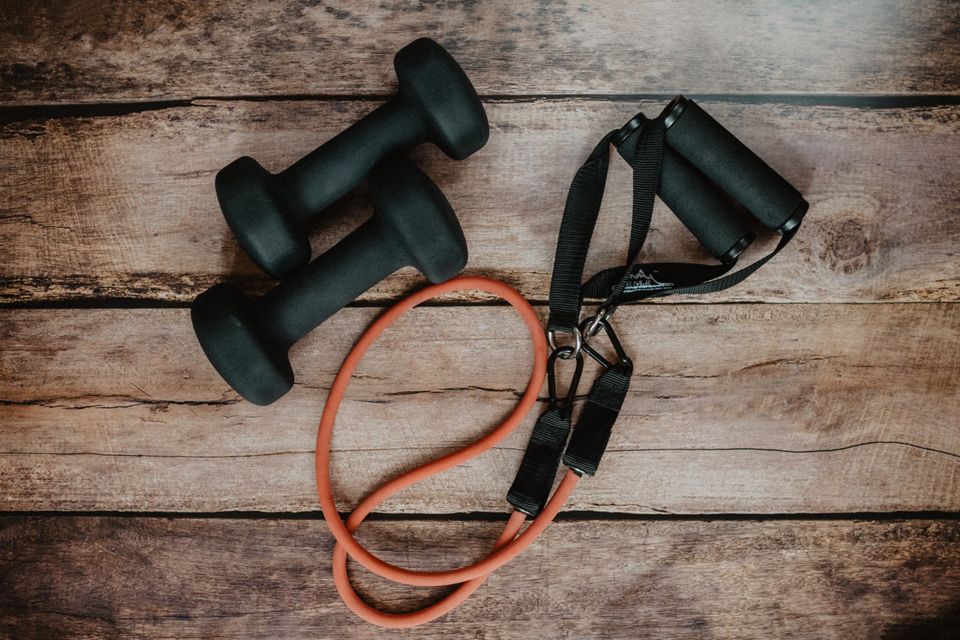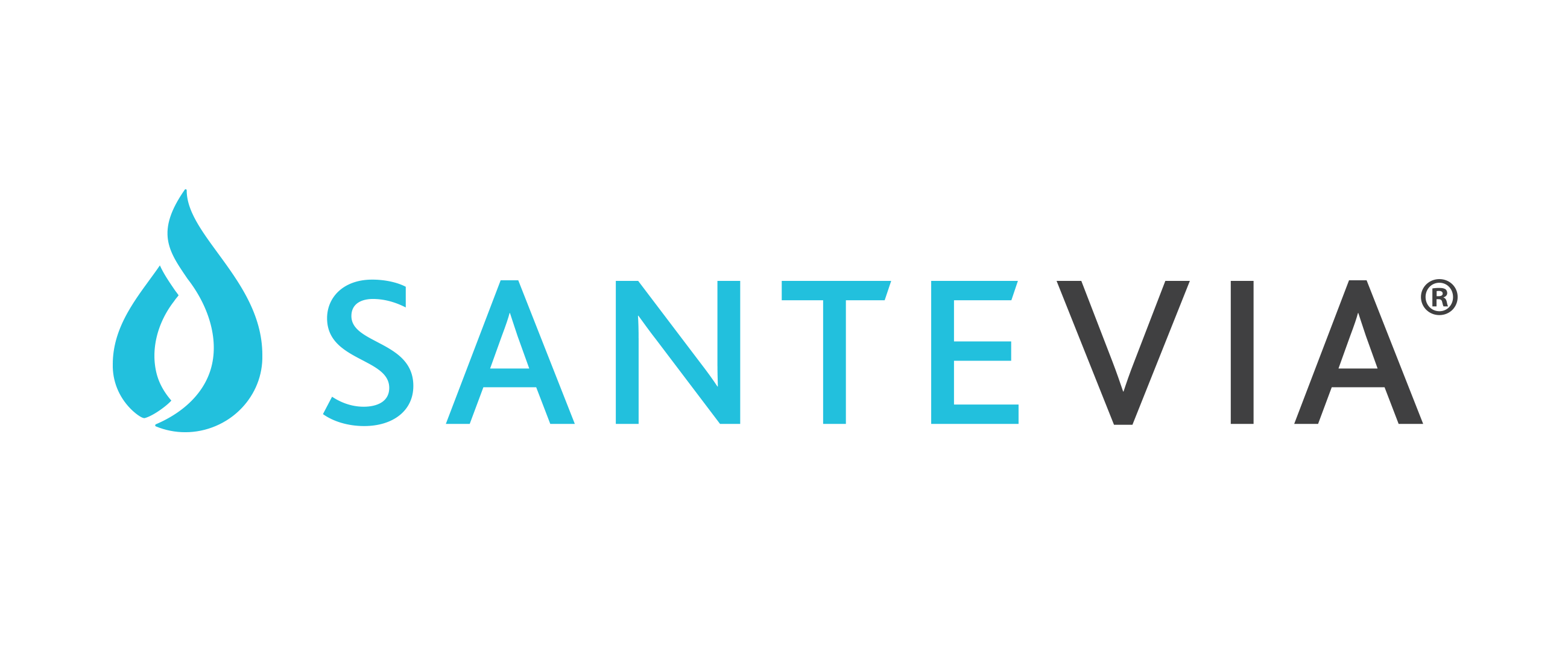Drinking More Water: An Effective Aid in Weight Loss

Highlights
- Obesity rates in the US and Canada are rising5,6
- Calories in drinks account for a large portion of caloric intake7,8
- How much water you should drink per day to maximize weight loss
- Why drinking water helps you lose weight
- Research that supports the tactic
Introduction: An Obesity Epidemic and the Power of Water
Obesity rates are on the rise in North America and it's not hard to see why. From fast food chains to processed snacks, unhealthy, high-calorie foods are everywhere, tempting us at every turn. The result? A growing population of people struggling to lose weight and get healthy. But what if we told you there was a simple, yet effective way to start shedding those extra pounds? It's as easy as drinking more water. And if you're looking for great-tasting water that's also good for you, Santevia has got you covered.
Obesity Rates in the US and Canada
Obesity rates have been climbing in both the United States and Canada1. With increasingly sedentary lifestyles and unhealthy eating habits, many individuals struggle with weight loss.
According to the Centers for Disease Control and Prevention (CDC), obesity rates in the United States have been steadily increasing over the past several decades. The most recent data from 2019-2020 shows that approximately 42.4% of US adults have obesity, which is the highest prevalence observed since the CDC began tracking obesity rates in 19995. In Canada, data from Statistics Canada shows that the prevalence of obesity has also been steadily increasing over the past several decades, with approximately 28.4% of Canadian adults classified as obese in 20186.
Calories in Drinks: A Large Portion of Caloric Intake
Many people consume a significant portion of their daily calories through beverages3. Replacing high-calorie drinks with water can help reduce overall calorie intake, leading to weight loss over time.
According to a study published in the American Journal of Clinical Nutrition, beverages account for a significant portion of total caloric intake in the United States. The study found that approximately 21% of daily calories consumed by adults in the US came from beverages, with sugar-sweetened beverages (such as soda, fruit drinks, and sports drinks) being the largest contributor to overall caloric intake7.
Losing Weight is Hard, Drinking More Water is Easy
Weight loss can be a challenging and time-consuming process. Incorporating more water into your daily routine is a simple and effective way to aid in weight loss without requiring drastic lifestyle changes.
How Much Water You Should Drink per Day
The amount of water you should drink per day varies based on factors such as age, weight, and activity level. A general guideline is to drink at least 8 cups (64 ounces or 1.9 liters) of water per day, with more needed for those who are more active or live in hot climates.
When to Drink Water for Maximum Weight Loss
Drinking water before meals can increase satiety and reduce hunger1. By consuming water before eating, you may eat fewer calories during the meal, leading to weight loss over time. It can even boost metabolism, and support fat breakdown. In fact, increased water intake has been shown to reduce total daily calorie intake and consumption of sugar, sodium, and cholesterol3.
Research Supporting Water's Role in Weight Loss
Numerous studies support the idea that water consumption aids in weight loss. For example, a study published in Obesity found that participants who drank water before meals consumed fewer calories and experienced weight loss over time1. Another study published in The Journal of Clinical Endocrinology and Metabolism demonstrated that drinking 500ml of water could increase metabolism by 30% within 10 minutes2.
Santevia Water: A Tastier Way to Reach Your Target Daily Intake
Santevia water is a delicious alternative to tap water that can help you reach your daily water intake goals. By providing great-tasting, mineralized water, Santevia makes it easier to stay hydrated and support weight loss efforts. Moreover, the World Health Organization (WHO) recommends drinking mineralized water for optimal health. Santevia water provides essential minerals, helping you stay hydrated and supporting your weight loss journey.
Conclusion: Drink More Water for Weight Loss and Better Health
As obesity rates continue to rise in the US and Canada, finding effective and manageable ways to lose weight is more important than ever. Drinking more water is a simple yet powerful tool to aid in weight loss, with benefits such as increased metabolism, greater satiety, and reduced caloric intake from beverages. Santevia water not only tastes great but also provides essential minerals, making it an ideal choice for staying hydrated and supporting your weight loss journey. By making a conscious effort to drink more water, especially before meals, you can improve your overall health and make progress towards your weight loss goals.
Citations
- Dennis, E. A., Dengo, A. L., Comber, D. L., Flack, K. D., Savla, J., Davy, K. P., & Davy, B. M. (2010). Water consumption increases weight loss during a hypocaloric diet intervention in middle-aged and older adults. Obesity, 18(2), 300-307.
- Boschmann M, Steiniger J, Hille U, et al. Water-induced thermogenesis. J Clin Endocrinol Metab. 2003;88(12):6015-6019.
- An R, McCaffrey J. Plain water consumption in relation to energy intake and diet quality among US adults, 2005–2012. Am J Clin Nutr. 2016;104(4): 1045-1052.
- Popkin BM, D'Anci KE, Rosenberg IH. Water, hydration, and health. Nutr Rev. 2010;68(8):439-458.
- Centers for Disease Control and Prevention. (2021). Adult obesity facts. Retrieved from https://www.cdc.gov/obesity/data/adult.html
- Statistics Canada. (2021). Overweight and obesity in adults. Retrieved from https://www150.statcan.gc.ca/n1/pub/82-625-x/2020001/article/00005-eng.htm
- Drewnowski, A., & Rehm, C. D. (2015). Consumption of added sugars among US children and adults by food purchase location and food source. American Journal of Clinical Nutrition, 101(6), 1146-1154.
- Langlois, K., Garriguet, D., & Findlay, L. (2019). Beverage consumption of Canadian adults. Nutrients, 11(9), 2066.

